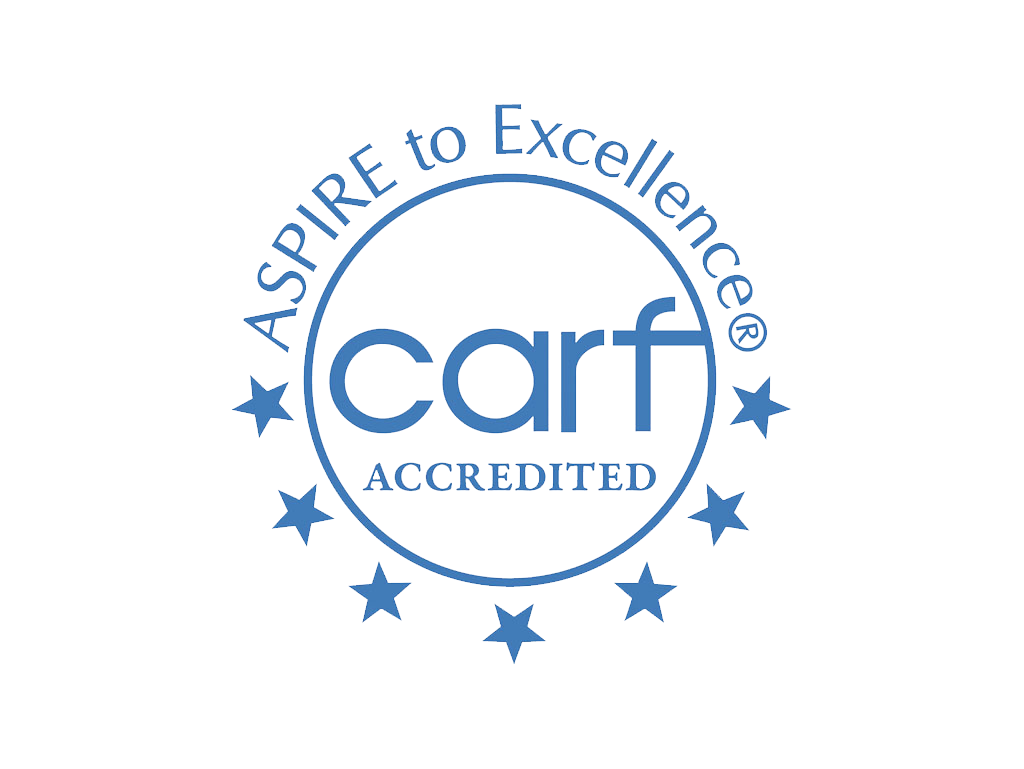
Have or had a prescription for anti-psychotic, mood stabilizing, or antidepressant medications within the 12 months
Have a prior history of any of the following: psychiatric hospitalization; residential crisis stabilization, Intensive Community Treatment (ICT) or Program of Assertive Community Treatment (PACT) services; placement in a psychiatric residential treatment facility
(RTC Level C); or Temporary Detention Order (TDO) pursuant to the Code of Virginia §37.2-809(B) evaluation as a result of decompensation related to serious mental illness

The Mobile Crisis Service Unit (MCU) is an emergency mental health program that provides on-scene evaluation, treatment, and crisis intervention in the community.
The MCU specializes in providing these services to individuals who are experiencing a mental health emergency.
In many of these situations there is concern that, as a result of a psychiatric condition, the person may be a danger to self or others or may not be caring for self.

Weekdays 9:00 am – 5:00 pm
